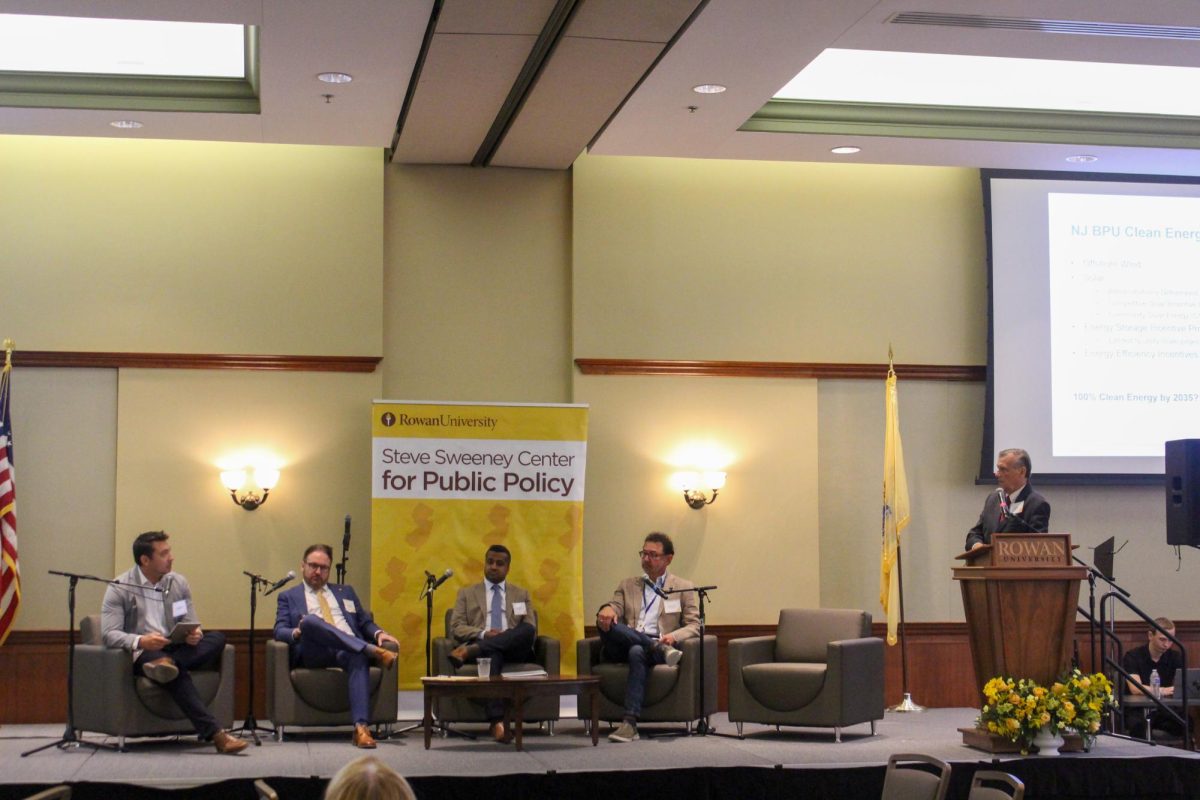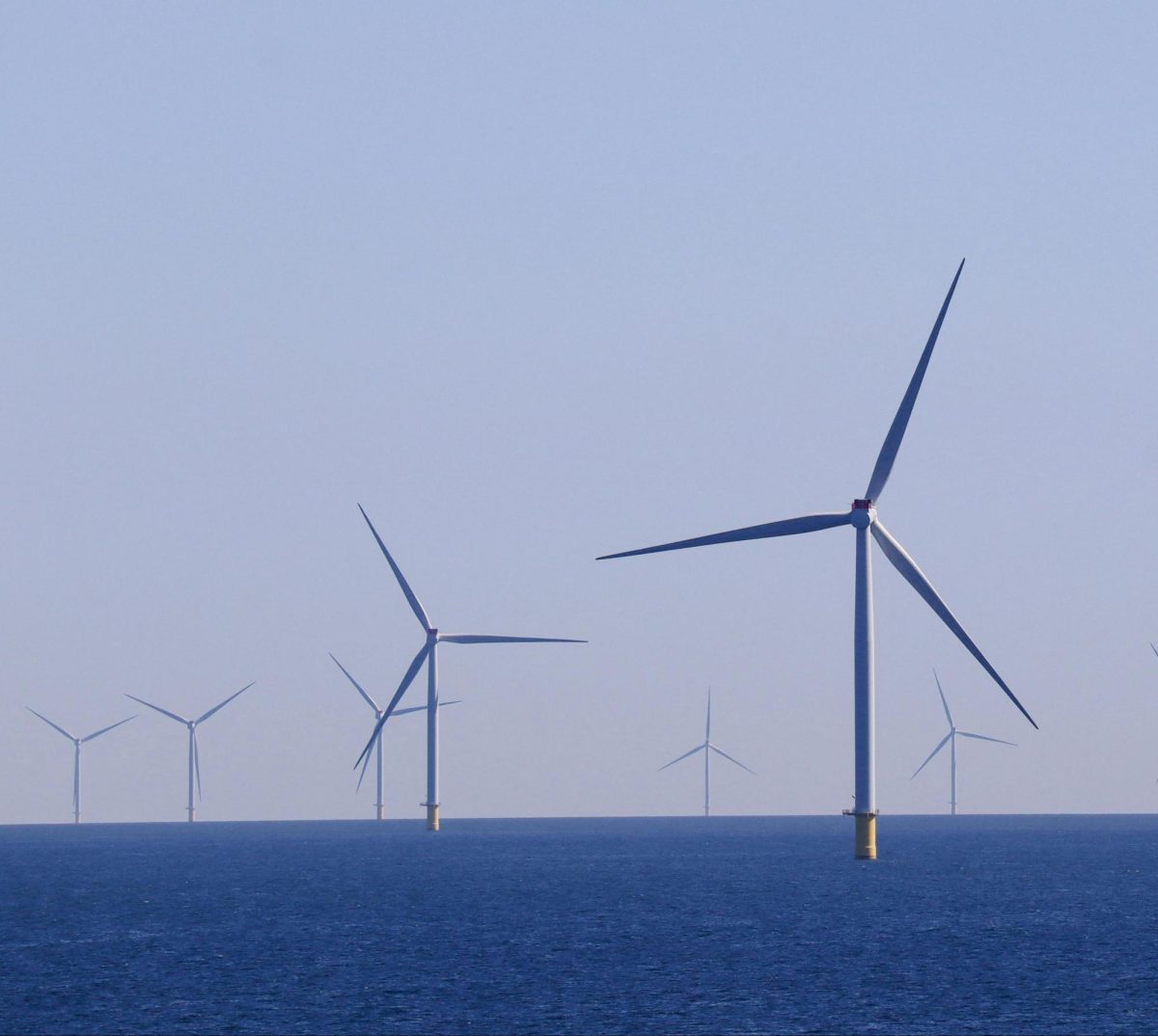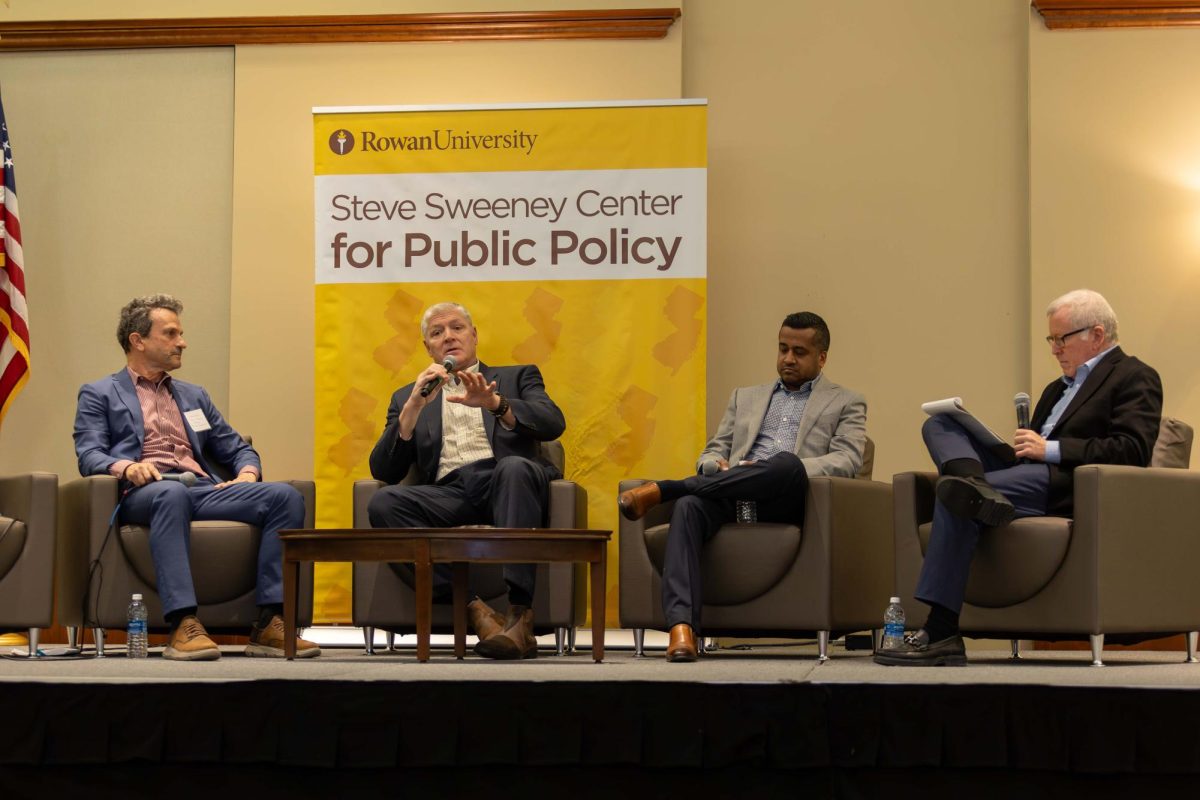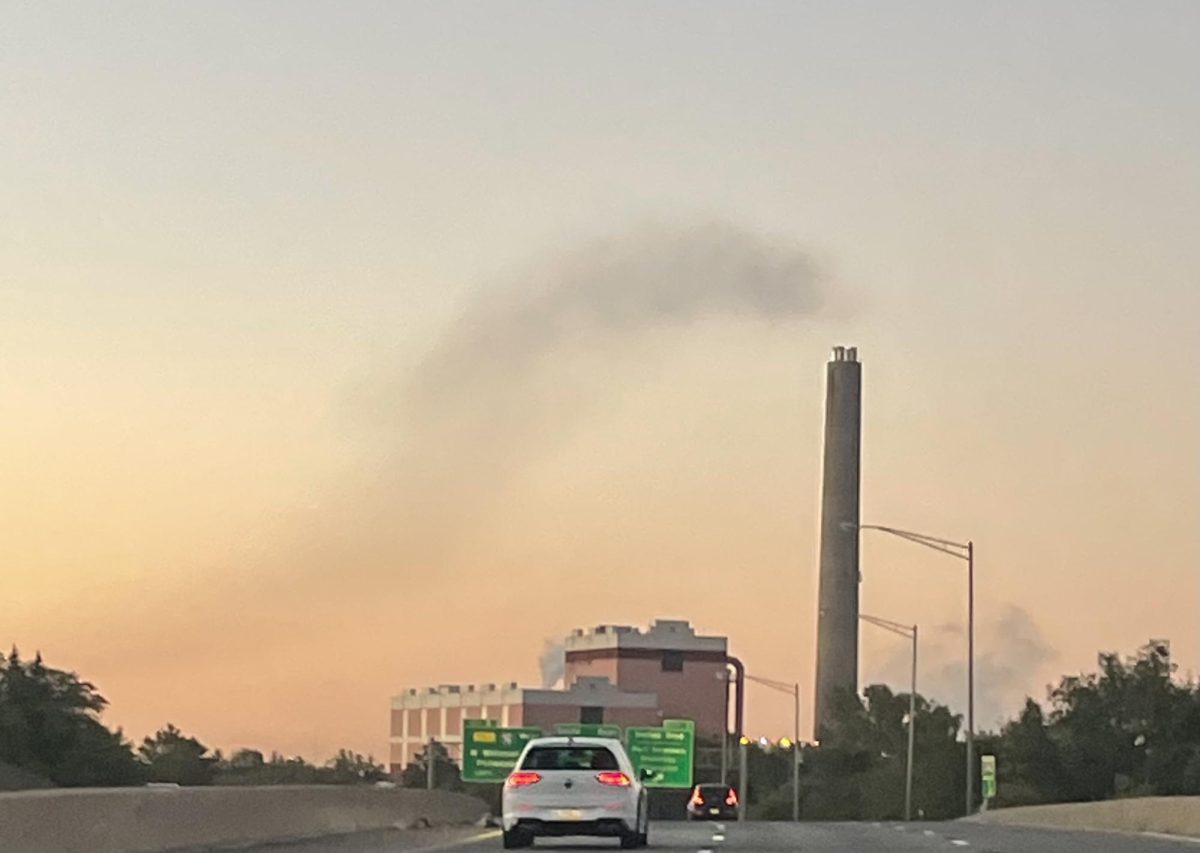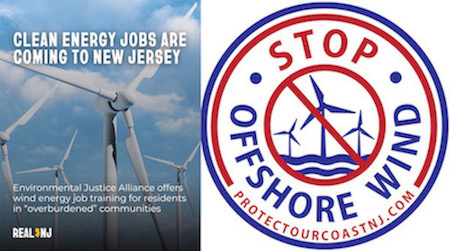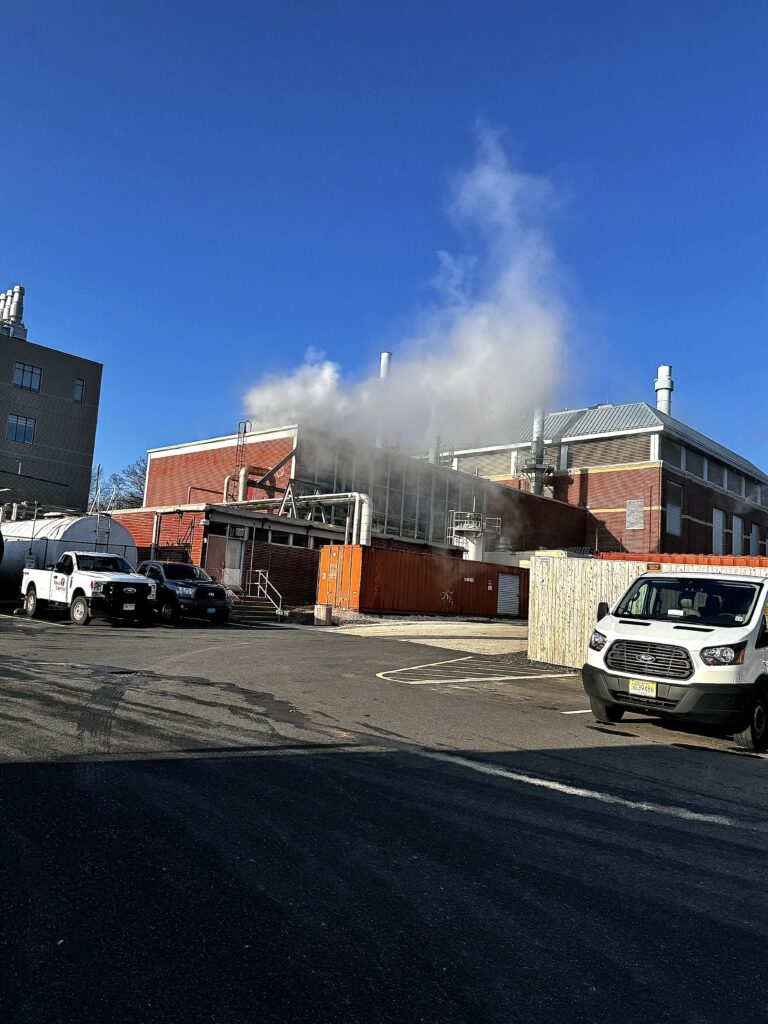For me, the cancellation of two large scale offshore wind farms off the southern coast of New Jersey felt personal.
At the time I was preparing a paper about my internship working in the offshore wind industry, when the news broke that Ørsted, the Danish wind power developer who had contracts for the projects, had pulled out due to inflation, interest rates and supply chain issues.
My heart sank. How strange it was that all the research, documentation, permits, and funding vanished into thin air. Or so it seemed.
Like many in New Jersey, I knew little about offshore wind until recently.
But unlike most, I spent hours researching and learning about the details of offshore wind – both the benefits and the challenges – not just formulating an opinion from news reports or signs posted on the side of the road.
Over the last year, working in the wind industry has helped me gain confidence in myself and my abilities as an undergraduate student. And it gave me hope for the future of my career and for the state of New Jersey.
How I got interested in a career in wind energy
I grew up in Warren County, New Jersey, right next to the Delaware River. We have a nice backyard at my parents house with a giant black walnut tree and a creek where my younger sister and I liked to flip over rocks and look at the little creepy crawlies. We would spend summers at my grandparents’ hobby farm in Pennsylvania. I would pick wildflowers and bring them back to the house so I could try to identify them with my grandfather’s audubon field guides.
I didn’t realize how much I had enjoyed all those things until I took an environmental science class during my freshman year of college.
My first year at Rowan University was relatively quiet, probably because all my classes, save for a chemistry lab, were online during the pandemic, but I made an effort to participate during an online course which got noticed by one of my professors.
That is how I ended up on a boat off the coast of Atlantic City in the summer of 2022 and eventually learned about fellowship opportunities in wind energy research. One late night after a day collecting sea water samples, I wrote a research proposal that would end up being my ticket into the offshore wind industry.
I was thrilled when my research on the potential impacts of offshore windfarms on migratory birds earned me a spot in the Wind Institute Fellowship sponsored by the New Jersey Economic Development Agency (NJEDA).
While I was primarily focused on birds, I learned a lot about offshore wind in the process: how leases were auctioned off, how parts were transported, and exactly why they were being built in specific locations and couldn’t just be moved further out to sea (as some opponents have urged).
I was able to meet with students from other universities, attend green energy conferences, and network with potential employers.
At Rowan, I was also able to start a club called RU Birding, where our goal is to expand our life lists (the list of bird species we have seen) as well as connect with local nature clubs to better understand the flora and fauna around campus and South Jersey.
I gave a successful research symposium presentation in May 2023, and was able to land an internship with AKRF Inc., an environmental engineering firm. They were interested in my knowledge about birds, but since beginning my internship I also learned about potential impacts of offshore wind farms on bats, sea turtles, marine mammals, and oceanography.
This fall, I was invited back to the NJEDA to talk to their next batch of fellows, and it was so exciting to see even more talented students from multiple backgrounds being given the opportunity to do their own research, and prepare us for the future of offshore wind energy.
Planning a career despite the setbacks
I recently graduated, and for now, I plan on continuing my work in the offshore wind industry as well as birds.
I enjoy the work I do and the people I have met. We are learning something new every day, and that is what makes it so exciting. I will continue to ask and answer questions regarding the potential effects of large scale offshore wind farms on the environment.
While the future of offshore wind in New Jersey seems uncertain at this point, my hope is that others will be able to learn more about offshore wind and how it can help us lower our carbon emissions.
I want people to remember that this is in no way a permanent fix, but it is one big step in the right direction. As we continue to pollute our planet with excessive amounts of carbon, we will continue to see global temperatures rise at alarming rates unless we are able to switch to greener energy alternatives like offshore wind, solar, or nuclear fusion.
And for other young people, I hope that my story can inspire others to get out of their comfort zone and try something new. Sometimes your interests will end up finding you.


